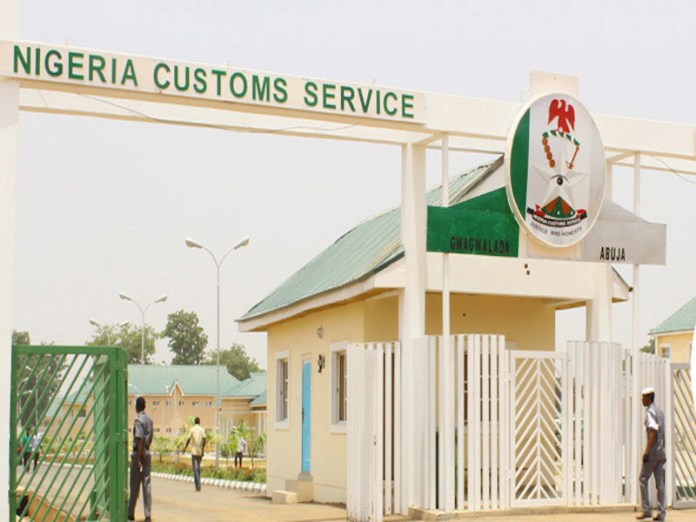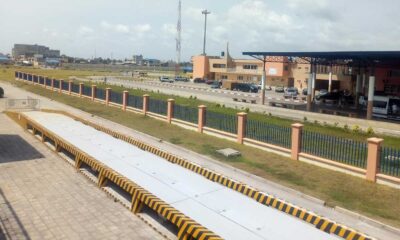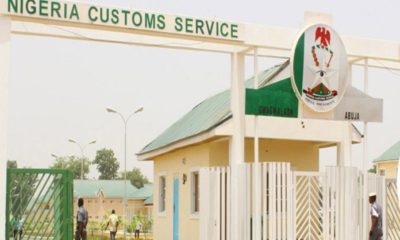In a significant development for the Democratic Republic of Congo (DRC), a newly revealed contract sheds light on a revamped minerals-for-infrastructure deal with China, signaling billions of dollars in financing contingent upon the price of copper.
This pivotal agreement, signed in March as an extension to a 2008 pact, underscores the intricate interplay between commodity markets and infrastructure development in resource-rich nations.
Under the terms of the updated contract, the DRC stands to receive a substantial injection of $324 million annually for infrastructure projects from its Chinese partners through 2040.
However, there’s a catch: this funding stream is directly linked to the price of copper. As long as the price of copper remains above $8,000 per ton, the DRC is entitled to this considerable sum to bolster its infrastructure.
The latest data indicates that copper is currently trading at $9,910 per ton, well above the threshold specified in the contract.
This bodes well for the DRC’s ambitious infrastructure plans, as the nation seeks to rebuild its road network, which has suffered from decades of neglect and conflict.
However, the contract also outlines a dynamic mechanism that adjusts funding levels based on copper price fluctuations.
Should the price exceed $12,000 per ton, the DRC stands to benefit further, with 30% of the additional profit earmarked for additional infrastructure projects.
Conversely, if copper prices fall below $8,000, the funding will diminish, ceasing altogether if prices dip below $5,200 per ton.
One of the most striking aspects of the contract is the extensive tax exemptions granted to the project, providing a significant financial incentive for both parties involved.
The contract stipulates a total exemption from all indirect or direct taxes, duties, fees, customs, and royalties through the year 2040, further enhancing the attractiveness of the deal for both the DRC and its Chinese partners.
This minerals-for-infrastructure deal, centered around the joint mining venture known as Sicomines, underscores the DRC’s strategic partnership with China, a key player in global commodity markets.
With China Railway Group Ltd., Power Construction Corp. of China (PowerChina), and Zhejiang Huayou Cobalt Co. holding a majority stake in Sicomines, the project represents a significant collaboration between the DRC and Chinese entities.
According to the contract, the total value of infrastructure loans under the deal amounts to a staggering $7 billion between 2008 and 2040, with a substantial portion already disbursed.
This infusion of capital is expected to drive socio-economic development in the DRC, leveraging its vast mineral resources to fund much-needed infrastructure projects.
As the DRC navigates the intricacies of global commodity markets, particularly the volatile copper market, this minerals-for-infrastructure deal with China presents both opportunities and challenges.
While it offers a vital lifeline for infrastructure development, the nation must remain vigilant to ensure that its long-term interests are safeguarded in the face of evolving market dynamics.

 Naira4 weeks ago
Naira4 weeks ago
 Billionaire Watch4 weeks ago
Billionaire Watch4 weeks ago



 Naira4 weeks ago
Naira4 weeks ago






 Naira4 weeks ago
Naira4 weeks ago


 Naira3 weeks ago
Naira3 weeks ago






 Naira3 weeks ago
Naira3 weeks ago
 Economy4 weeks ago
Economy4 weeks ago


 Naira3 weeks ago
Naira3 weeks ago
















